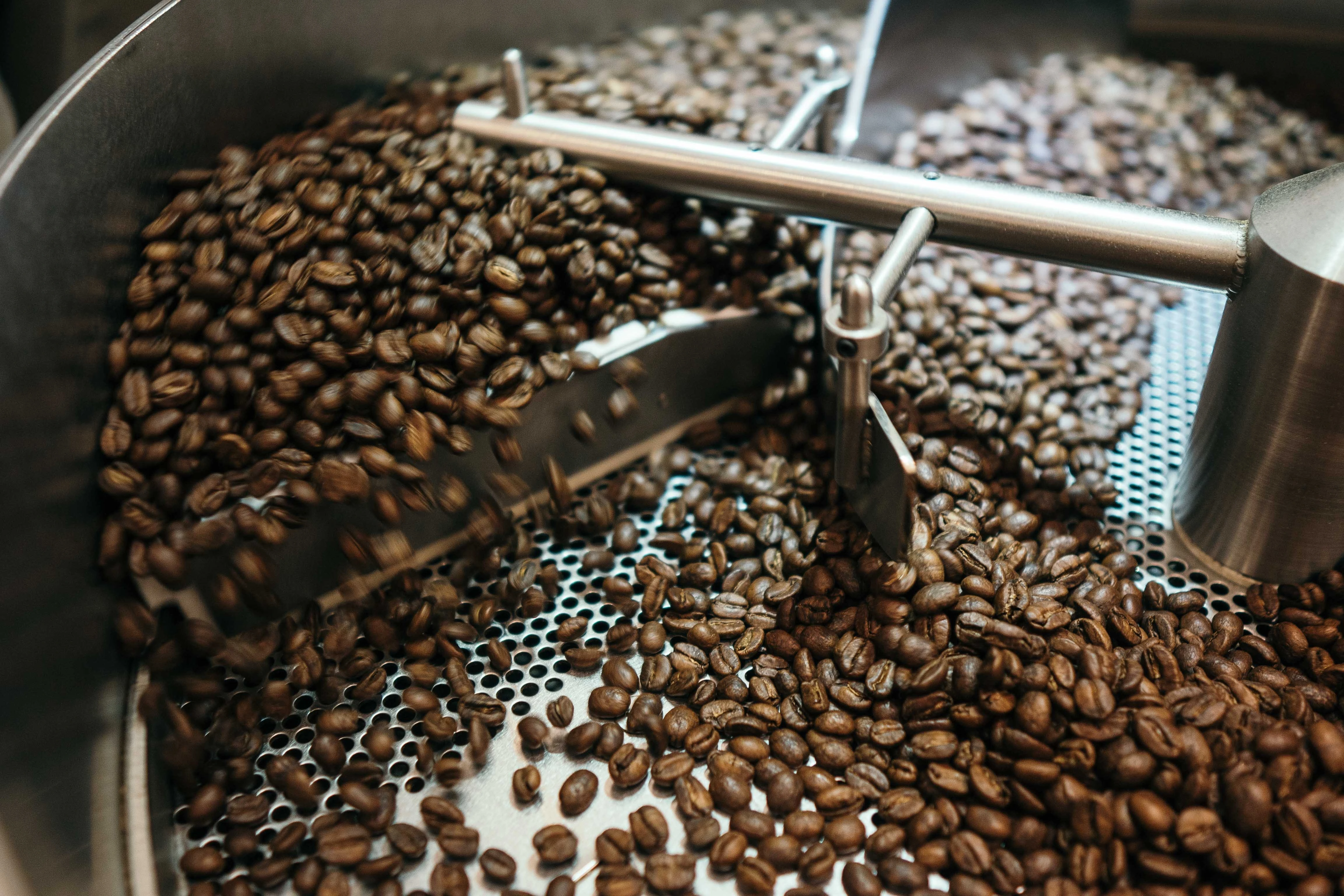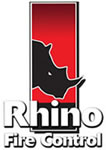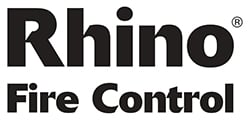
The Importance of Fire Safety In The Food Manufacturing Industry
A fire can be devastating for businesses in any sector. For manufacturers of food, however, the potential for a destructive and widespread blaze is significantly higher. By the very nature of food preparation, the use of high temperatures and cooking appliances increases the fire risk considerably.
Assessing and controlling fire risks is a legal requirement. With the stakes so high, it is vital that fire safety is treated seriously, and food manufacturing businesses can demonstrate they have implemented all possible measures to minimise the danger. Failure to do so can result in large fines and even imprisonment.
Identifying The Risks
When assessing health and safety hazards in food manufacturing, fire safety awareness must be carefully considered to determine how best to mitigate the risk of a major blaze. Before any fire safety procedures can be planned, it’s important to understand the biggest risks that could cause a fire to occur.
Fires in food production facilities are usually associated with causes such as:
- Highly flammable substances such as chemicals and gases.
- Combustible dust that can result in an explosion or fire.
- Faulty machinery.
- Electric hazards.
The employment of temporary staff is also a potential problem if fire safety training is not adequately provided by the food manufacturing companies.
By identifying the risks that could lead to a blaze, fire prevention strategies are more likely to be targeted, relevant, and effective. A Fire Risk Assessment (FRA) must be arranged to be completed by a trained professional or occupier of commercial premises to identify fire hazards and ensure appropriate protection measures are in place.
What Is Included In a Fire Risk Assessment Service?
A Fire Risk Assessment service includes:
- Review of your policies and procedures relating to Fire Safety Management.
- Determine whether the fundamentals of Fire Safety Management are in place.
- Thorough inspection of all areas of your premises to determine extent of Fire Hazards and Fire Risks.
- Detailed on-site notes of Fire Control Measures already in place.
- Verbal report of findings and recommendations at time of Assessment, giving precursor to written report.
- Full written report outlining all details and findings from site inspection.
- Clear, logical Action Plan prioritising works required.
- Full back-up channel for assistance and advice on completing the Action Items
How Our Fire Alarms Can Support The Food Industry
Our modern fire alarm systems are much more than just simply providing audible warnings to those on the premises. Our fire alarms have the ability to provide comprehensive video fire detection, remote fire alarm control, touchscreen mapping tooling and so much more. Our technology that knows the difference between what a real fire is and what is not a fire reduces the unnecessary number of false alarms that disrupt everyday activities, stress caused to building users and unneeded costs and loss of profit to the business.
Seeking professional advice at Rhino Fire Control, our fire safety consultants can help you to fulfil your legal obligations to reduce or eliminate the risk of fire in your premises. To find out more about our services, please get in touch.
Image Source: Unsplash


